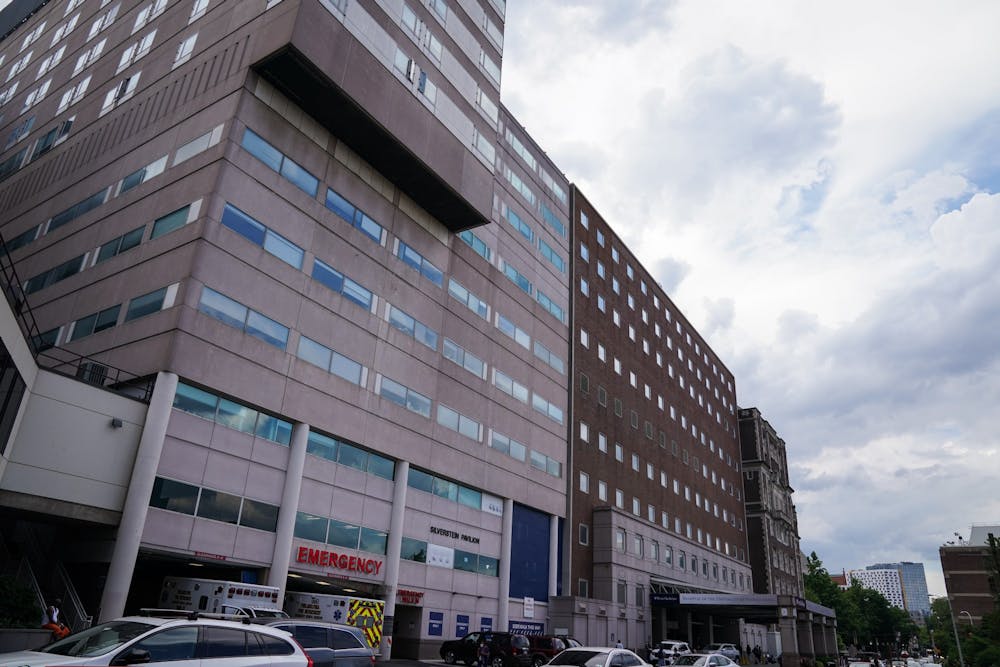
As part of the Regional Response Health Collaboration Program, Penn Medicine will partner with Temple University Health System.
Credit: Chase SuttonPenn Medicine was selected to receive funding through a statewide initiative created to support and improve COVID-19 services in long-term care facilities.
The Pennsylvania Department of Human Services announced the Regional Response Health Collaboration Program on July 14, which will pair nine academic health systems with local regulatory agencies and long-term care facilities to develop COVID-19 readiness and response planning. Selected facilities will be collectively awarded $175 million and will focus on improving quality and continuity of care, as well as on expanding COVID-19 testing to asymptomatic staff and residents and continuing services in an attempt to mitigate the spread of the virus.
As part of the program, Penn Medicine will partner with colleagues from Temple University Health System, Penn Medicine News reported. Both schools were selected in March by the Department of Human Services Educational Support and Clinical Coaching Programs, a statewide network to support long-term care facilities which served as a precursor to the RRHCP.
Elderly residents of these facilities are more vulnerable to COVID-19 due to their age and pre-existing conditions, as well as close daily contact with other residents and staff, Penn Medicine News reported. When employees, who often work in multiple nursing homes, get sick and are unable to work, this puts a toll on an already short-staffed facility.
More than 40 percent of COVID-19 deaths and nearly 10 percent of confirmed cases in the U.S. have been from residents and workers at nursing homes and long-term care facilities, according to The New York Times.
“The COVID-19 pandemic has placed a disproportionate burden on the more than 2,000 personal care homes, assisted living residences, and skilled nursing facilities throughout the commonwealth,” Chief Medical Officer of the University of Pennsylvania Health System PJ Brennan told Penn Medicine News. “Protecting our state’s most at-risk residents is of vital importance, and academic health systems are poised to lead that effort.”
The RRHCP is supported by government agencies, including the Department of Human Services, Philadelphia Department of Public Health, Pennsylvania Department of Health, Centers for Disease Control and Prevention, and the Pennsylvania Emergency Management Agency, according to the press release.
Penn Medicine has been working with nursing homes in West Philadelphia during the COVID-19 pandemic, partnering with the Philadelphia Department of Public Health to provide virtual palliative and hospice care through telemedicine, as well as personal protective equipment and testing, Penn Medicine News reported.
The Daily Pennsylvanian is an independent, student-run newspaper. Please consider making a donation to support the coverage that shapes the University. Your generosity ensures a future of strong journalism at Penn.
Donate







